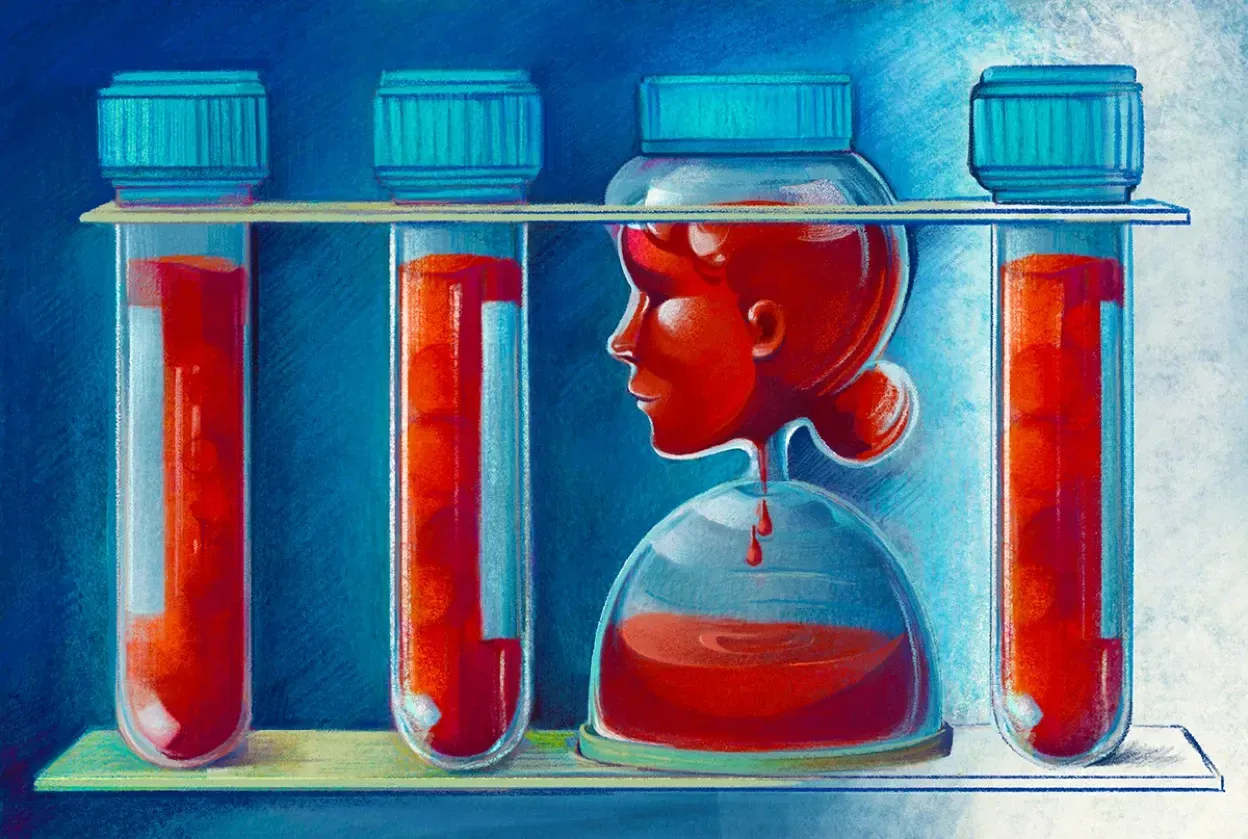The first frontier for medical AI is the pathology lab
But before adopting startup PathAI’s tools, doctors must see if they are worth the cost
This is how a pathologist could save your life.
Imagine you’re coughing up blood, and a chest scan reveals a suspicious mass in your lungs. A surgeon removes a small cylindrical sample from the potential tumor, and the pathologist places very thin slices of the tissue on glass slides. After preserving and staining the tissue, the pathologist peers through a microscope and sees that the cells have the telltale signs of lung cancer. You start treatment before the tumor spreads and grows.
And this is how a pathologist could kill you: The expert physician would just have to miss the cancer. Or, more likely, misclassify the cells viewed on the slides as the wrong cancer subtype. Rather than getting a targeted therapy that beats your cancer into remission, you receive conventional chemo that buys you a few more months of life.
An artificially intelligent pathologist probably wouldn’t make that mistake.
Continue reading at IEEE Spectrum.



